March 30, 2021
New normal looking more and more like old normal, say facilities managers
 Workers across the UK could return to offices faster than anticipated, according to a new RICS survey of facilities managers. According to the poll, a growing number of respondents say that up to 80 percent of employees will head back once the pandemic is resolved. This is up from less than 60 percent expected in the same poll from the previous quarter ending November 2020. As evidence suggests the UK vaccination programme is taking hold across the country, results to the RICS UK Facilities Management Survey show more respondents starting to believe employees could return to the office in greater numbers than many initially expected in the previous quarter. (more…)
Workers across the UK could return to offices faster than anticipated, according to a new RICS survey of facilities managers. According to the poll, a growing number of respondents say that up to 80 percent of employees will head back once the pandemic is resolved. This is up from less than 60 percent expected in the same poll from the previous quarter ending November 2020. As evidence suggests the UK vaccination programme is taking hold across the country, results to the RICS UK Facilities Management Survey show more respondents starting to believe employees could return to the office in greater numbers than many initially expected in the previous quarter. (more…)






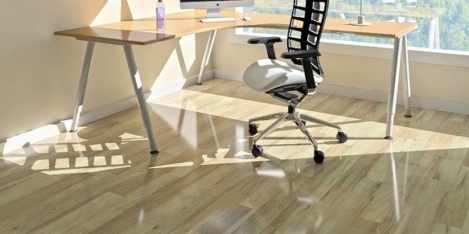
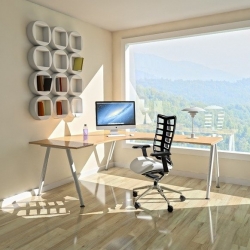 A new BCO research paper,
A new BCO research paper, 
 The UK COVID-19 vaccination programme is well underway. Once the over 50s, younger people with health conditions, NHS and care workers have received the vaccine, Prime Minister Boris Johnson has been clear that current lockdown restrictions could be lifted in stages with schools and business a top priority. The situation is under review, but there is an expectation that business premises could reopen as early as Easter, when a large proportion of the working age population may not have been vaccinated. That means the focus in workplaces and other multi-occupant spaces, especially those open to the public, must remain on limiting transmission to prevent the spread of
The UK COVID-19 vaccination programme is well underway. Once the over 50s, younger people with health conditions, NHS and care workers have received the vaccine, Prime Minister Boris Johnson has been clear that current lockdown restrictions could be lifted in stages with schools and business a top priority. The situation is under review, but there is an expectation that business premises could reopen as early as Easter, when a large proportion of the working age population may not have been vaccinated. That means the focus in workplaces and other multi-occupant spaces, especially those open to the public, must remain on limiting transmission to prevent the spread of 
 Research published by
Research published by 
 The
The 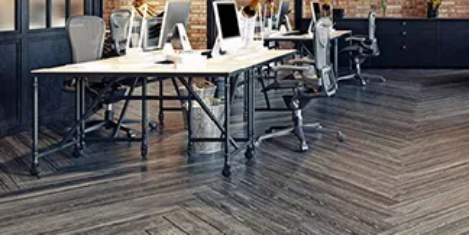
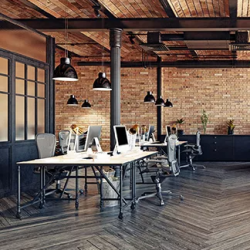 Unused office space after coronavirus could cost London-based businesses almost £13 billion according to a new report by
Unused office space after coronavirus could cost London-based businesses almost £13 billion according to a new report by 



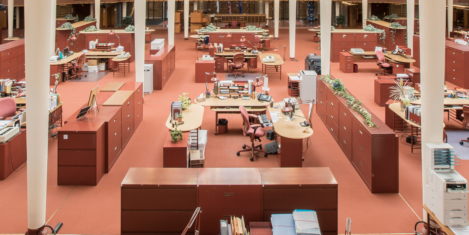
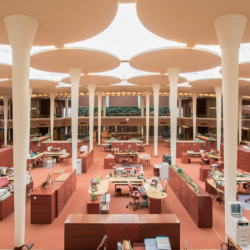
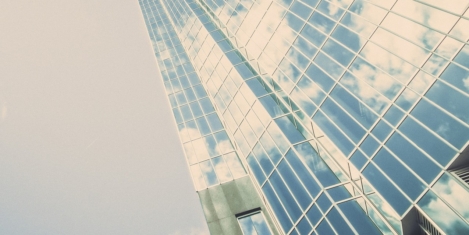
 Water cooler chats and the buzz of office life is set to remain on hold until at least the New Year as businesses look to restructure their office needs from January. A government drive to see more office employees return to work in the workplace has seen a rise in commuters to more than 60 percent according to the latest figures from the
Water cooler chats and the buzz of office life is set to remain on hold until at least the New Year as businesses look to restructure their office needs from January. A government drive to see more office employees return to work in the workplace has seen a rise in commuters to more than 60 percent according to the latest figures from the 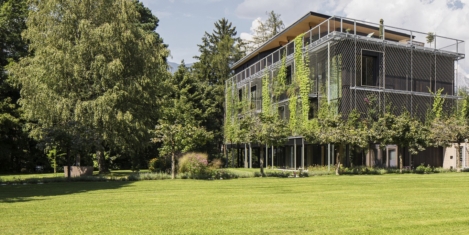
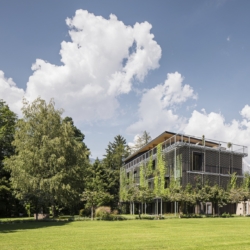








November 5, 2020
Leadership in a new age of virtuality
by Andrew Mawson • Comment, Facilities management, Property, Technology, Workplace design